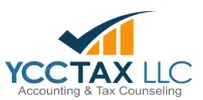Learn the best practices for accounting for independent contractors, essential tax deductions, and financial strategies to maximize your earnings while staying compliant.
Why Proper Accounting Matters for Independent Contractors
Managing finances as an independent contractor is crucial for maintaining compliance with tax regulations and maximizing profits. So, unlike traditional employees, freelancers are responsible for tracking income, filing estimated taxes, and managing business expenses. Poor financial management can lead to costly penalties and missed deductions.
For expert guidance on tax compliance, check out our tax management services.

Essential Tax Deductions Every Freelancer Should Know
Freelancers can take advantage of various tax deductions to reduce taxable income. Some of the most common deductions include:
- Home office expenses (if you use a dedicated workspace for business)
- Internet and phone bills (portion used for work)
- Business travel and meals (must be directly related to work)
- Equipment and software (such as computers, printers, and accounting software)
- Health insurance premiums (if you’re self-employed)
Properly documenting these expenses ensures you receive the maximum deductions. Need help managing your deductions? Explore our tax planning services.
Accounting for Independent Contractors: Best Practices for Managing Finances
To maintain accurate records and avoid financial headaches, independent contractors should:
- Separate personal and business finances – Open a dedicated bank account for business transactions.
- Use accounting software – Track income and expenses efficiently.
- Save for taxes – Set aside at least 25-30% of your earnings for estimated taxes.
- Keep detailed records – Maintain receipts and invoices to support deductions.
- Hire a professional – An accountant or financial consultant can ensure compliance and optimize tax savings.

For professional accounting services, visit our accounting services page.
Common Financial Mistakes That Can Cost You More in Taxes
Many independent contractors unknowingly make financial mistakes that can lead to higher tax liabilities or penalties. Avoid these common errors:
- Not setting aside money for tax – Failing to pay estimated taxes can result in fines.
- Mixing personal and business expenses – This can complicate deductions and audits.
- Underreporting income – All income must be declared, including payments from multiple clients.
- Ignoring retirement contributions – Freelancers can reduce taxable income by contributing to retirement plans.
So, If you need assistance structuring your finances, our consulting services can help.
Top Accounting Software Options for Self-Employed Professionals
Using the right accounting software can simplify financial management for independent contractors. Some popular options include:
- QuickBooks Self-Employed – Tracks mileage, expenses, and invoices.
- FreshBooks – Ideal for freelancers who need invoicing and time tracking.
- Wave Accounting – A free, beginner-friendly option with basic accounting features.
- Xero – Offers comprehensive financial tools for small businesses.

Pairing software with professional accounting services ensures your finances are always in order.
Get Expert Support for Your Financial Success
Fortunately, navigating accounting for independent contractors can be overwhelming, but with the right strategies, you can maximize earnings and stay compliant.
Whether you need help tracking expenses, managing taxes, or optimizing deductions, YCCTAX is here to assist you.
📞 Schedule a consultation today: Contact Us.
🔗 For more insights, visit our services page.








